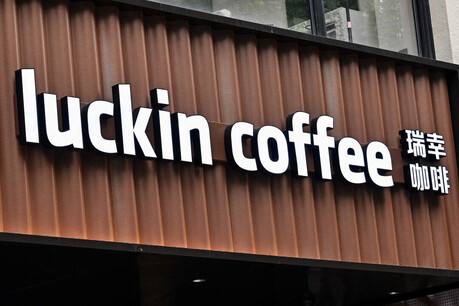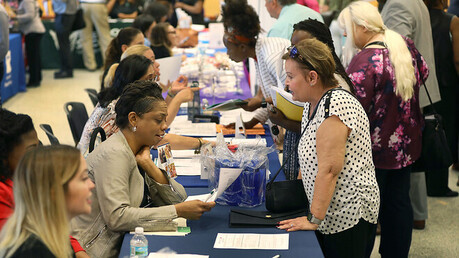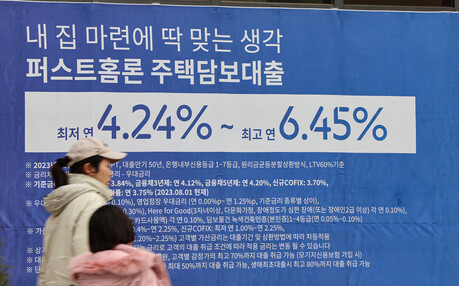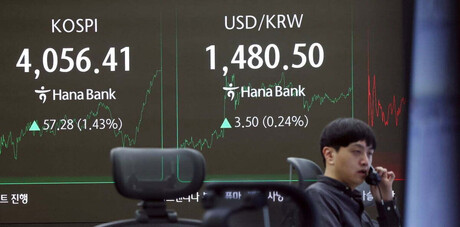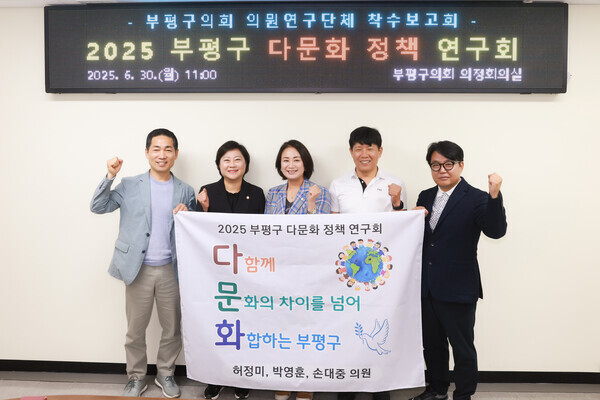
Incheon, Bupyeong District – The Bupyeong District Council in Incheon has officially embarked on research to develop multicultural policies tailored to local characteristics. The Bupyeong District Council's multicultural policy research group, 'Multiculturalism,' recently held an inception meeting for a research project, aiming to formulate practical measures to enhance multicultural acceptance in Bupyeong District.
Transition to a Multicultural Society and the Role of Local Communities
South Korea is facing rapid population decline and low birth rates, accelerating its transition to a multicultural society. The influx of migrants from diverse backgrounds, including marriage immigrants, foreign workers, and international students, brings new vitality to local communities. Simultaneously, it necessitates policy efforts to embrace and coexist with these populations. The role of local governments is becoming increasingly crucial, as the central government's uniform multicultural policies struggle to reflect the unique circumstances faced by each region.
Against this backdrop, the Bupyeong District Council is conducting in-depth research through its 'Multiculturalism' research group, continuing from last year. This research specifically focuses on overcoming the difficulties encountered in developing multicultural policies at the basic local government level and on discovering customized multicultural specialization projects that reflect the regional characteristics of Bupyeong District.
Key Contents and Goals of the Research Project
The inception meeting was attended by key officials, including Representative Heo Jeong-mi (Samsan 2, Bugae 2-3 dong), Chairperson Ahn Ae-kyung, and Councilors Park Young-hoon and Son Dae-jung. The lead researcher presented the research project plan, outlining key research directions: ▲analysis of Bupyeong District's multicultural status and current conditions, ▲evaluation of existing multicultural policies and diagnosis of problems, ▲benchmarking of excellent cases from other local governments, ▲development of a specialized multicultural project model tailored to Bupyeong District's characteristics, and ▲policy proposals and measures for ordinance enactment (amendment).
In particular, in-depth discussions will take place on various aspects, moving beyond mere support for immigrants to include enhancing mutual cultural understanding, strengthening educational support for children from multicultural families, expanding the participation of foreign residents in the local community, eliminating discrimination, and protecting human rights.
Representative Heo Jeong-mi emphasized, "While carrying out multicultural projects in the field, we often feel the limitations of the central government's uniform multicultural support policies." She added, "Through this research group's activities, we will study multicultural projects suited to the Bupyeong District's regional characteristics and propose policies that are realistic to increase Bupyeong District's multicultural acceptance." This demonstrates the commitment to creating a truly multicultural city where immigrants and native residents can live together in harmony.
Bupyeong District Anticipated to Leap Forward as a Multicultural Inclusive City
Bupyeong District is one of the areas within Incheon with a high proportion of foreign residents. With major local issues such as the Gulpocheon restoration project and the return of the Bupyeong U.S. military base intertwined, policy efforts for regional development alongside the transition to a multicultural society are essential.
This research project is expected to be a crucial stepping stone for Bupyeong District to present an exemplary model of a multicultural society and to leap forward as a city where immigrants and native residents coexist and develop together. It is anticipated that the practical policies proposed based on the research findings will improve multicultural acceptance in Bupyeong District and, furthermore, positively influence the development of multicultural policies across South Korea. This research is seen as a significant example of realizing the 'people-centered legislative activities' that the Bupyeong District Council aims for.
[Copyright (c) Global Economic Times. All Rights Reserved.]


















